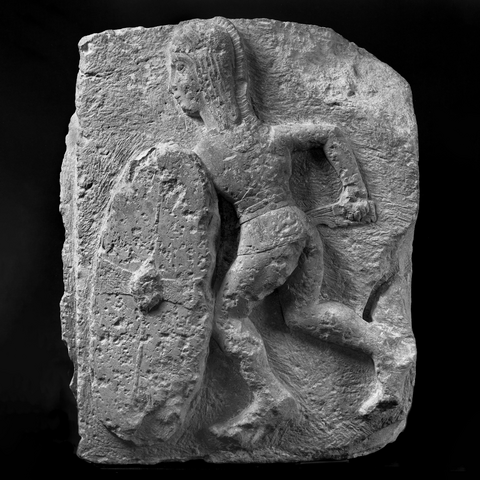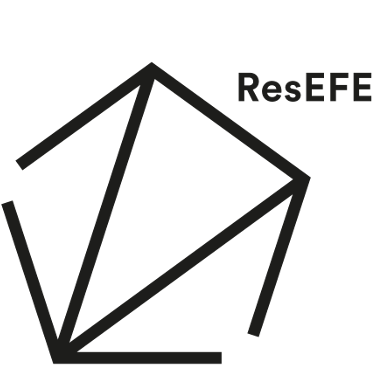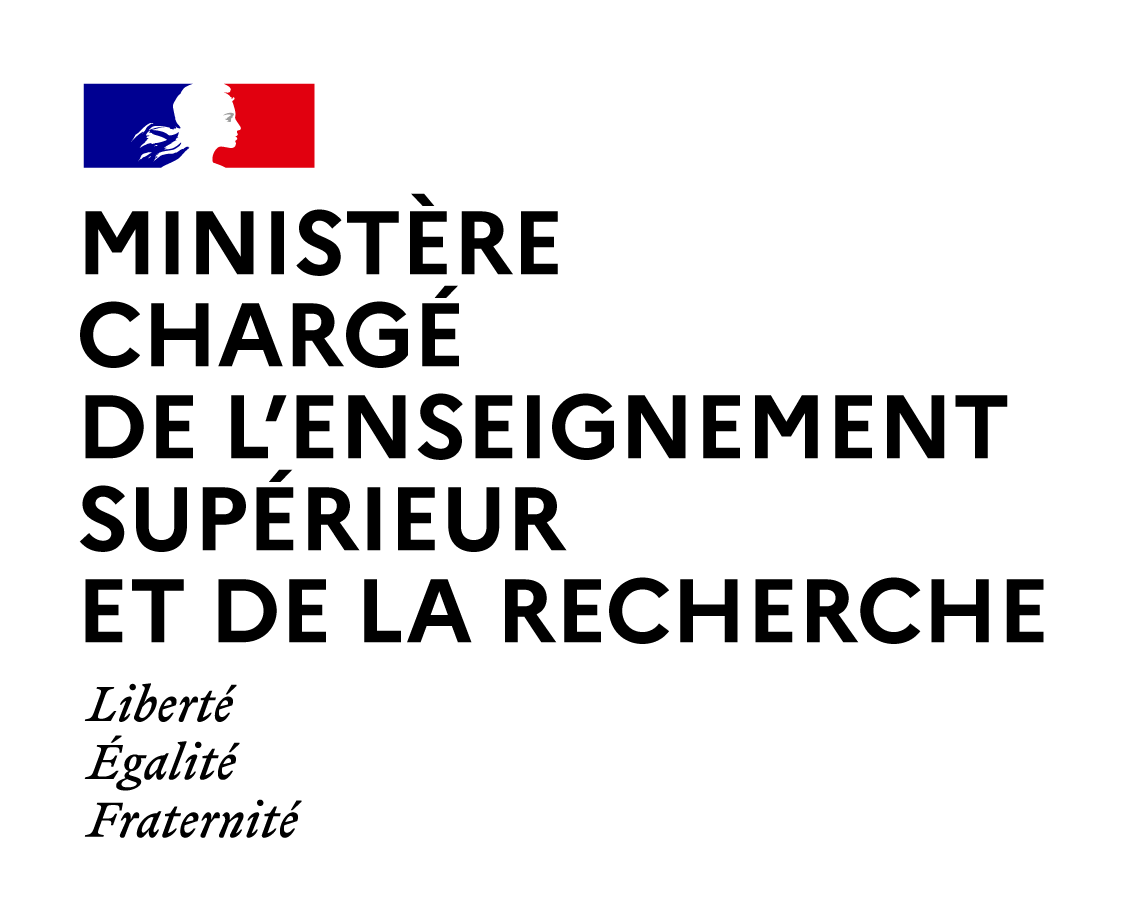DIR.: Gwladys Bernard (EHEHI-Casa de Velázquez, Madrid) and Paul SCHEDING (Deutsches Archäologisches Institut, Madrid)
ORG.: Deutsches Archäologisches Institut (Madrid), École des hautes études hispaniques et ibériques (Casa de Velázquez, Madrid)
VENUES:
- INSTITUTO ARQUEOLÓGICO ALEMÁN
C/ Serrano 159, 28002 Madrid
- CASA DE VELÁZQUEZ
C/ de Paul Guinard, 3, 28040 Madrid
Number of spaces available: 14
Call extended until 29 April at 6 p.m.
ACCESS THE ONLINE APPLICATION FORM HERE!
How have war and conflicts transformed landscapes, communities, and material culture in the Ancient World?
To answer these questions, historiographical research first turned to ancient texts, then to places where feat of arms occurred (battlefields, camps, etc.), but this approach has often led to a narrowing of the field of investigation to the conflicts themselves that have been recounted and whose narratives have survived to the present.
But, by focusing on archaeology and material culture, we can explore lesser-known situations of conflict or conflictuality, and examine the impact on landscapes, societies, and bodies in a different way. Over the last twenty years, archaeological research has made enormous progress investigating landscapes whose morphology and modes of occupation have been altered by war. The impact is not confined just to the front lines: one must ask how can regions, villages, and provincial capitals be altered by war, and how can these transformations be detected by archaeology?
Another significant aspect is the aftermath of war. How did societies evolve to overcome its effects, and what markers are left on material culture? The war effort, the confrontations themselves, the victories and defeats, lead societies to adapt their modes of production and territorial occupation, making it sometimes necessary for changes in location or structures in order to adapt to new political contexts created by conflicts. War also drives communities to change their religious practices and forms of representation, even their language and forms of expression, in order to come to terms with the loss of human life and to explain the material and social transformations brought about by conflict.
This workshop is designed to bring together young researchers in archaeology, ancient history, classics, art history and philology to discuss the multiple impacts of wars in the Ancient West. While focusing on the period from the 5th century BC to the 5th century AD our aim is to create an open space for debate. The workshop will strive to give PHD-students the opportunity to present their specific angles on war in an international environment.
The following topics will be discussed due to the workshop:
- Material culture: what are the objects of war? What are the specific markers that show the intrusion of war into everyday life? How is war, conflict and violence reflected in objects and images? How there are used for representation in defeat and victory?
- Transformation of landscapes: what geographical and geomorphological impact have conflicts had on territories and their occupation?
- Transformation of societies: how did communities adapt to the war effort and the political consequences of the confrontations?
Presentation
The workshop is carried out within the benchmark scientific collaboration between the German Archaeological Institute of Madrid (Deutsches Archäologisches Institut, Madrid) and the School of Higher Education in Hispanic and Iberian Studies (École des hautes études hispaniques et ibériques, Casa de Velázquez, Madrid). These workshops have become a tradition of international reach.
Therefore, each participant will have the opportunity to actively participate in the exchange of information, presenting their own research in relation with the central theme of the workshop, contributing their own point of view to the collective reflection with the input from mentors of international renown. The main languages used in the XVI Workshop will be English and Spanish.
Sessions will take place alternately at both venues: the Casa de Velázquez and at the German Archaeological Institute, during three days, starting on Wednesday, 29th at 15 and finishing on Saturday 1st at 12. One visit and one conference will be scheduled.
14 doctoral candidates chosen from the applicants based on the quality of their proposals will participate in the workshop. 4 renowned researchers from Spain, Germany and France will participate in the workshop as tutors.
- Patrice Faure
Université Jean Moulin Lyon III (HISOMA), Lyon, France - Dominik Maschek
Leibniz-Zentrum für Archäologie (LEIZA), Mainz, Germany - Ángel Morillo Cerdán
Universidad Complutense de Madrid, Spain - Feliciana Sala Selles (to be confirmed)
Universidad de Alicante, Spain
Applications and practical conditions
Fees: There are no inscription fees.
Candidates may apply from 14/03/2024 until the 29/04/2024 (6.00 p.m., CET) through the online registration form.
ACCESS THE ONLINE APPLICATION FORM HERE!
Confirmation of admission or rejection of applicants will be communicated by e-mail.
The Casa de Velázquez will accommodate all chosen candidates from the 29th to the 1st of June 2024 (3 nights) who request to do so and do not reside in Madrid. Accommodation consists of a shared bedroom and includes breakfast. Lunch will also be included for all participants, both at the DAI and the Casa de Velázquez.
Travel to Madrid and dinners will be at the doctoral student’s expense.
The Casa de Velázquez and the DAI-Madrid offer three scholarships with a maximum of 350€ for travel expenses that will only be available to doctoral candidates inscribed in a higher education institution of the Maghreb.
Languages used during the workshop: Spanish, English
Photo: Peter Witte Nr.: WIT-R-052-93-01















